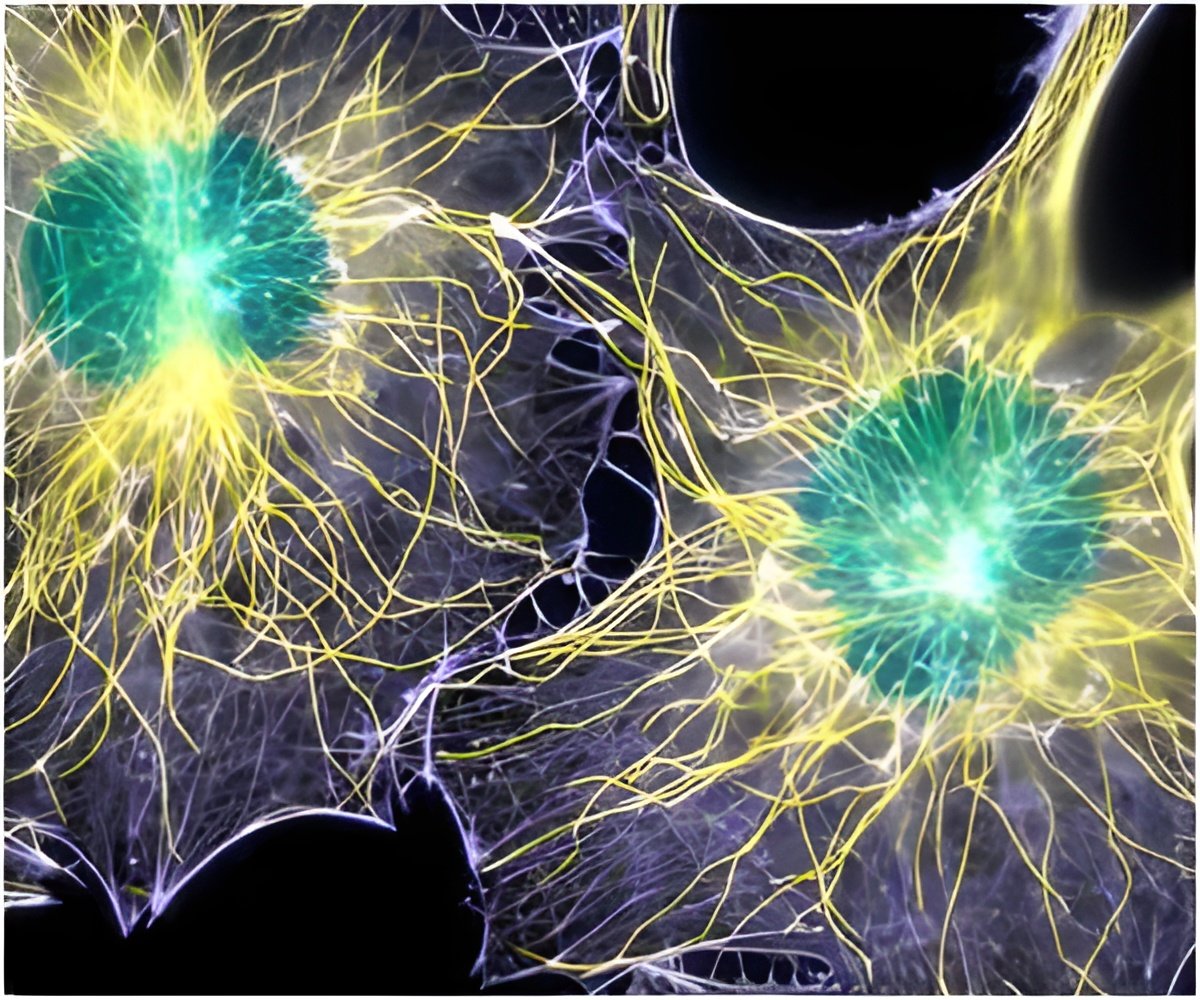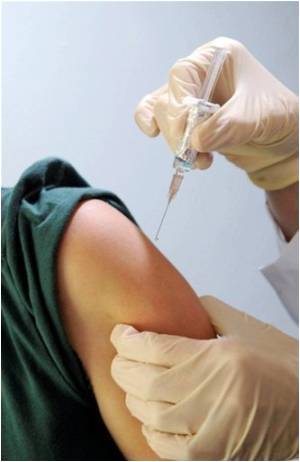An Indian-origin researcher and his colleagues have identified a cellular protein that plays a critical role in Ebola virus infection.

Ebola virus's ability to enter cells is reminiscent of the Trojan Horse used by the ancient Greeks to defeat their archenemies. Ebola virus binds to the host cell's outer membrane, and a portion of host cell membrane then surrounds the virus and pinches off, creating an endosome - a membrane-bound bubble inside the cell. Endosomes carry their viral stowaways deep within the cell and eventually mature into lysosomes - tiny enzyme-filled structures that digest and recycle cellular debris.
The viruses captive in the lysosome manage to escape destruction by exploiting components of the cell to gain entry to the cytoplasm, the substance between the cell membrane and the nucleus where the virus can replicate. But the identities of many of these components have remained unknown.
In seeking the answer, Einstein researchers and colleagues searched for proteins that Ebola virus might exploit to enter the cell's cytoplasm. One such cellular protein, known as Niemann-Pick C1 (NPC1), stood out.
The NPC1 protein is embedded within cell membranes, where it helps transport cholesterol within the cell. However, the absence of NPC1 due to gene mutations causes a rare degenerative disorder called Niemann-Pick disease, in which cells become clogged up with cholesterol and eventually die.
To confirm their finding that NPC1 is crucial for Ebola virus infection, the researchers challenged mice carrying a mutation in NPC1 with Ebola virus. The researchers also tested whether other major viruses need NPC1 to infect human cells. Only Ebola virus and its close relative, Marburg virus, were found to require the presence of NPC1 protein for infection. Like Ebola virus, Marburg virus also needs NPC1 to kill mice.
Advertisement
The study has been published in online edition of Nature.
Advertisement












